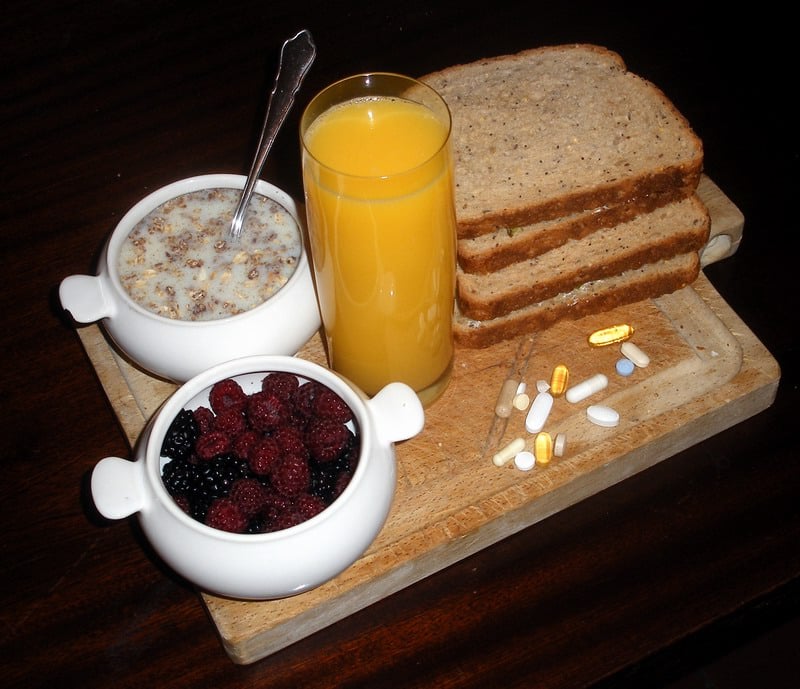Hi Dr. Greger, appreciate all your work. There’s been a lot of bad news a about antioxidants recently. Should people be concerned about how much they ingest?
Ren / Originally posted in Acai to Zucchini: antioxidant food rankings
Answer:
Good question! There has been a buzz around the internet from headlines like this: Study: Antioxidant use may promote spread of cancer. Whenever I see a title like this I take a step back to see what’s really going on. The most healthful and nutrient-rich foods in the world come from plants, which overwhelmingly have the most antioxidants. How could it be possible that cancer risk increases when eating antioxidants? It seems like the exact opposite of what professionals have been saying for decades! Let’s explore the article and see if we can make some sense of it.
It appears the study basically took mice and injected them with high doses of an antioxidant drug (N-acetyl-cysteine). This may help guide veterinary oncologists for your pet mouse, but when it comes to making decisions for the rest of your family I’d suggest relying on human trials where people eat actual food. Dr. Greger says in his post on lung cancer that “antioxidant supplements are not an effective replacement for eating real veggies.
When headlines like this appear I look to NutritionFacts and read the science. I just looked up Dr. G’s summary on vegetables and with over 75 articles and videos on veggies I don’t see any reason to avoid naturally occurring antioxidants from whole foods. Instead of popping harmful supplements that are a waste of money, I’m slamming down some spinach greens with roasted sweet potatoes and red beans for lunch. All of which are full of antioxidants and have been shown to decrease the risk of several cancers. (What about soybeans? Watch videos on soybeans and breast cancer and should I stay away from soy if I have breast cancer?).
Plants may help protect us from diabetes, depression, stroke and heart disease, and even certain cancers. My favorite biochemistry professor, Dr. Kent Littleton from Bastry University, always said, “Joseph, remember that the body is a better biochemist than any of us!” That quote really stuck with me. The body just knows how to package antioxidants when we eat them as nature intended. It’s all about the whole plant-foods!
For more related videos check out: How to Reach Antioxidant Recommendations. Dr. Greger covers the minimum amount of antioxidants to shoot for daily. Also, see Dr. Greger’s Optimal Nutrition Recommendations.
Image Credit: Anders Sandberg / Flickr
